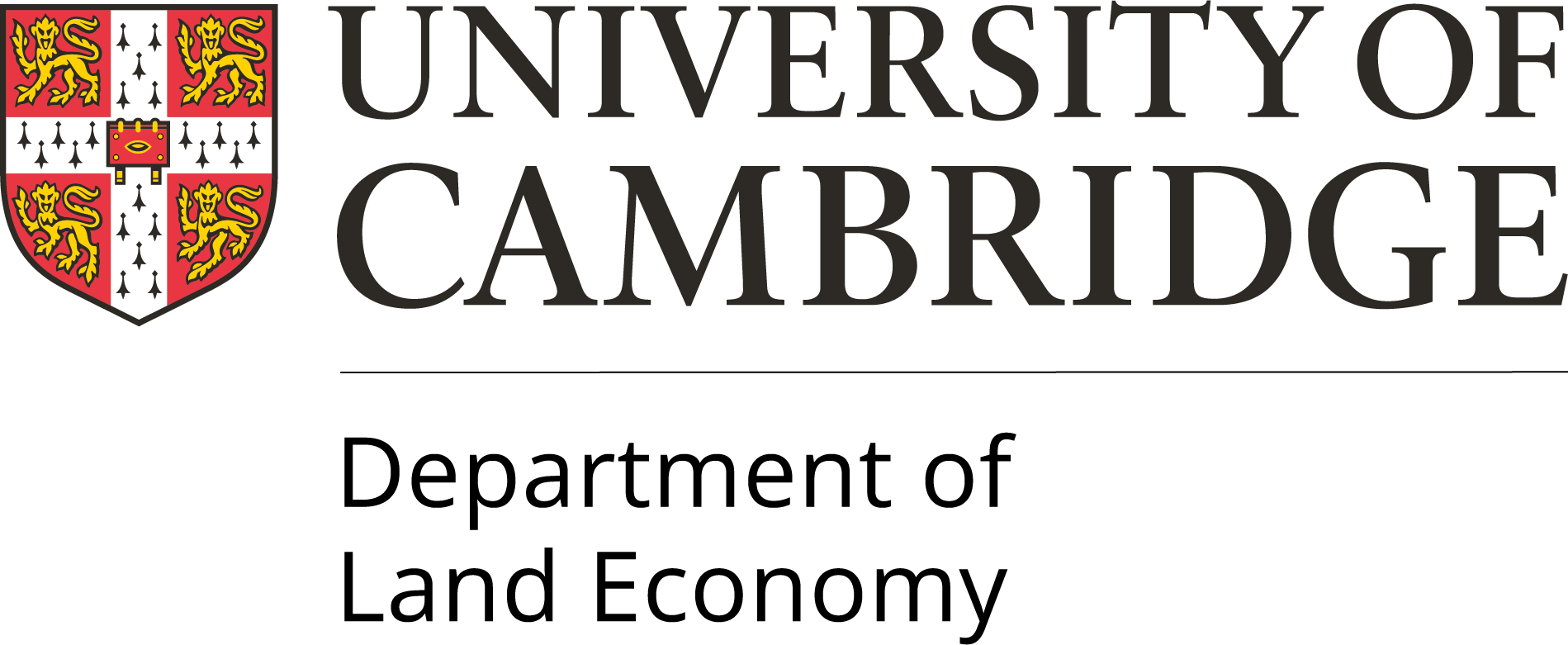Academic profile
|
Dr Sergey Kolesnikov is the Deputy Director and Fellow of the Cambridge Centre for Environment, Energy and Natural Resource Governance (CEENRG), Research Associate in the Department of Land Economy, and Postdoctoral Research Associate at Trinity Hall at the University of Cambridge. Sergey is an interdisciplinary scholar at the intersection of science, technology and innovation studies and public policy with a background in physical sciences and technology-based economic development. He applies his multidisciplinary expertise in public policy analysis, social science research methodologies, physical sciences, technology forecasting, and innovation management to understand how climate, energy, and innovation policies can support and accelerate net zero transition. Recently he has been involved in the EEIST project, analysing how decarbonisation policies, innovation, technological change, and economic competitiveness are represented in the energy-economy-climate models used to inform policy and investment decisions in the UK, EU, China, India and Brazil. As the Deputy Director of CEENRG, Sergey coordinates Centre membership, events, website, communications, and community building. At the Department of Land Economy, he has been involved in lecturing, examinations and supervisions on the topics of climate change, energy and innovation policy, sustainable development, and social science research methodologies both at the undergraduate and postgraduate levels. As a member of the Land Economy Green Impact team, he recently helped the Department achieve the Green Impact Platinum Award for 2021-22. At Trinity Hall, Sergey is a part of the Admissions team for Land Economy Tripos. Sergey has a Doctoral degree from Moscow Institute of Physics and Technology (MIPT) and a Master's degree in Public Policy from Georgia Institute of Technology in the U.S. Before coming to Cambridge in 2019, he held various research and teaching positions with Arizona State University, MIPT and the Russian Academy of Sciences. He also worked as an academic relations manager in a technology-based economic development agency. As part of the team that developed a community of practice for science communicators, he was a recipient of two In2 SABRE awards, and several Gold Quill awards from the International Association of Business Communicators (IABC) in 2015. |
Teaching
|
Undergraduate teaching: Land Economy Tripos
Postgraduate teaching: MPhil Environmental Policy
|
Research interests
|
As a scholar, Sergey is broadly interested in how public policy affects and is affected by the dynamics of knowledge creation, exchange and application in the context of grand challenges of our time. At Cambridge, he is specifically focused on understanding how climate, energy, and innovation policies can support and accelerate clean energy innovation necessary for the net zero transition. He has been involved in three major research projects investigating this topic from different perspectives. 1) In the research project ‘What factors drive innovation in energy technologies? The role of technology spillovers and government investment,’ funded by the Alfred P. Sloan Foundation, Sergey analyses how public policy and external scientific and technical knowledge have historically contributed to innovation in three clean energy technologies: solar photovoltaics, lithium-ion batteries, and solid-state lighting. 2) In the ‘EEIST – Economics of Energy Innovation and System Transition’ project, funded by the UK’s Department for Business, Energy and Industrial Strategy and The Children's Investment Fund Foundation, he analyses how decarbonisation policies, innovation, technological change, and economic competitiveness are represented in the energy-economy-climate models used to inform policy and investment decisions in the UK, EU, China, India and Brazil. 3) In the new ‘PRISMA: New Zero Pathway Research Through Integrated Assessment Model Advancements’ project, funded by the EU Horizon Europe programme and UK Research and Innovation, he works on analysing the impact of decarbonisation policies on inequality and improving probabilistic technology cost forecasts for climate change mitigation technologies. |
Publications
|
Key publications:
|
Category/Classification
|
Public Policy; Climate Policy; Energy Policy; Science, Technology and Innovation Policy; Policy Evaluation; Net Zero Transition; Energy Innovation |

